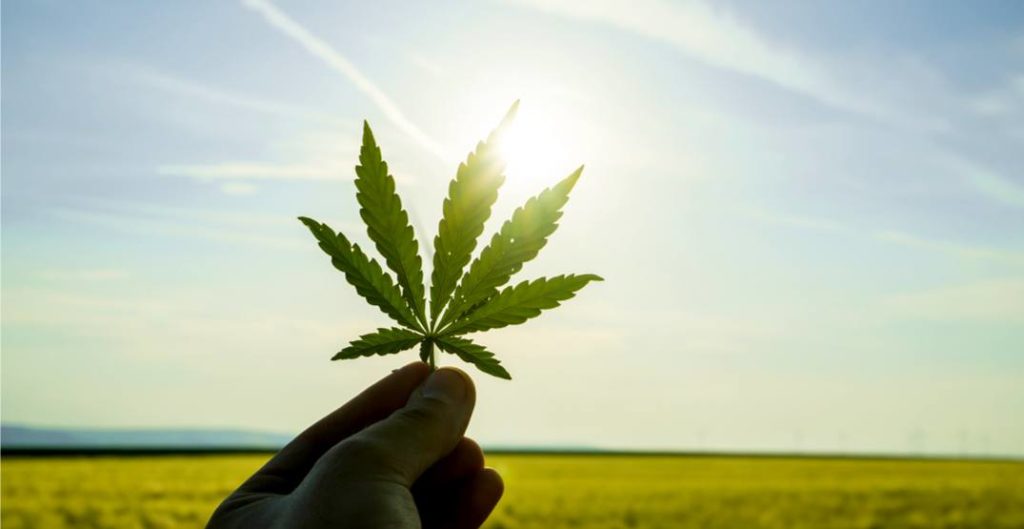
Is CBD Legal? – Not in food says FDA
After the legalization of Hemp and it’s CBD derived products, no one could have predicted the frenzy that would ensue. Stores started to fill their shelves with CBD Oil and products, while shops started to add CBD infused coffee, candies, and other delightful pastries. State and local administrations were unsure of the law and many had not begun the process of changing their laws to coincide with the Federal Law. In fact some outright refused.
Then the bombshell hit. The FDA announced that it considered CBD illegal to add into food. In South Carolina, many business owners found out the hard way this month, when they were asked to remove certain CBD products from their shelves. There were cases like this around the country. Law enforcement in some states incorrectly ordered shop to take all CBD products off their shelves while a handful had their products seized.
This has been the stance for the FDA since the 2018 Farm Bill legalized Hemp by reclassifying it from a Schedule 1 drug with Marijuanna to an Agricultural Commodity. A partial catalyst for this change was the well documented research into the potential health benefits of CBD. But the great benefits CBD has seemed to offer to many people was also a roadblock in the eyes of the FDA. CBD was being looked at as a drug and not a supplement or food.
The FDA ruled that under the Federal Food & Cosmetics Act, cannabidiol aka CBD cannot be added to a food for human or animal consumption for public sale. Derek Underwood, Assistant Commissioner for the South Carolina Department of Agriculture, says “CBD is completely legal, but when you put it into food it changes the definition.” The South Carolina Department of Agriculture says it will remain steadfast until proper testing is completed.
FDA to meet in April about CBD rules

The Food and Drug Administration (FDA) will hold its first public hearings on CBD in April. The FDA’s priority will be considering rules that would allow CBD manufacturers to add cannabidiol to food products, says FDA Commissioner Scott Gottlieb.
It is an exciting announcement that came from his resent testimony to the House Appropriations Committee. CBD infused food has become a booming business across the country. In the big cities like Los Angeles, New York and San Francisco CBD coffee is becoming the hottest trend. Coca-Cola has even announced they wanted to add CBD infused drinks to their product line.
Gottlieb did caution that the matter may not be a straightforward process. He said that he may need Congressional intervention if the process proves to be complex and takes two or more years to implement. The 2018 Farm Bill re-classified Hemp as an agricultural commodity. Its understandable why many would think it was ok to add Hemp derived CBD to food.
Gottlieb mentioned to Congress that there are several potential benefits associated with CBD. Its this point that has the classification of CBD from the FDA literally in limbo. CBD Oil has and is currently being studied as a medicine. Because of this point it cannot be considered a supplement.
Cannabidiol’s Future is Promising

Gottlieb contends to congress he and the FDA are “deeply focused” on setting CBD rules and guidelines. Hemp has been banned for close to a century. “There is not a good proxy for us doing this through regulation” says Gottlieb. He did imply a possible strict regulatory process for pharmaceutical grade CBD derived drugs, while lower concentration would be classified as food products making them much easier to review.
Clear rules and regulations would be welcomed by manufacturers, business owners and consumers alike. No one can foresee what the future holds, but we lokk forward to what comes out of the first FDA meeting addressing these issues.
Please check back for further updates as they become available. We encourage you to comment below, leave a question and suggestions for future content. If you enjoyed this content feel free to like and share on social media.